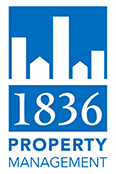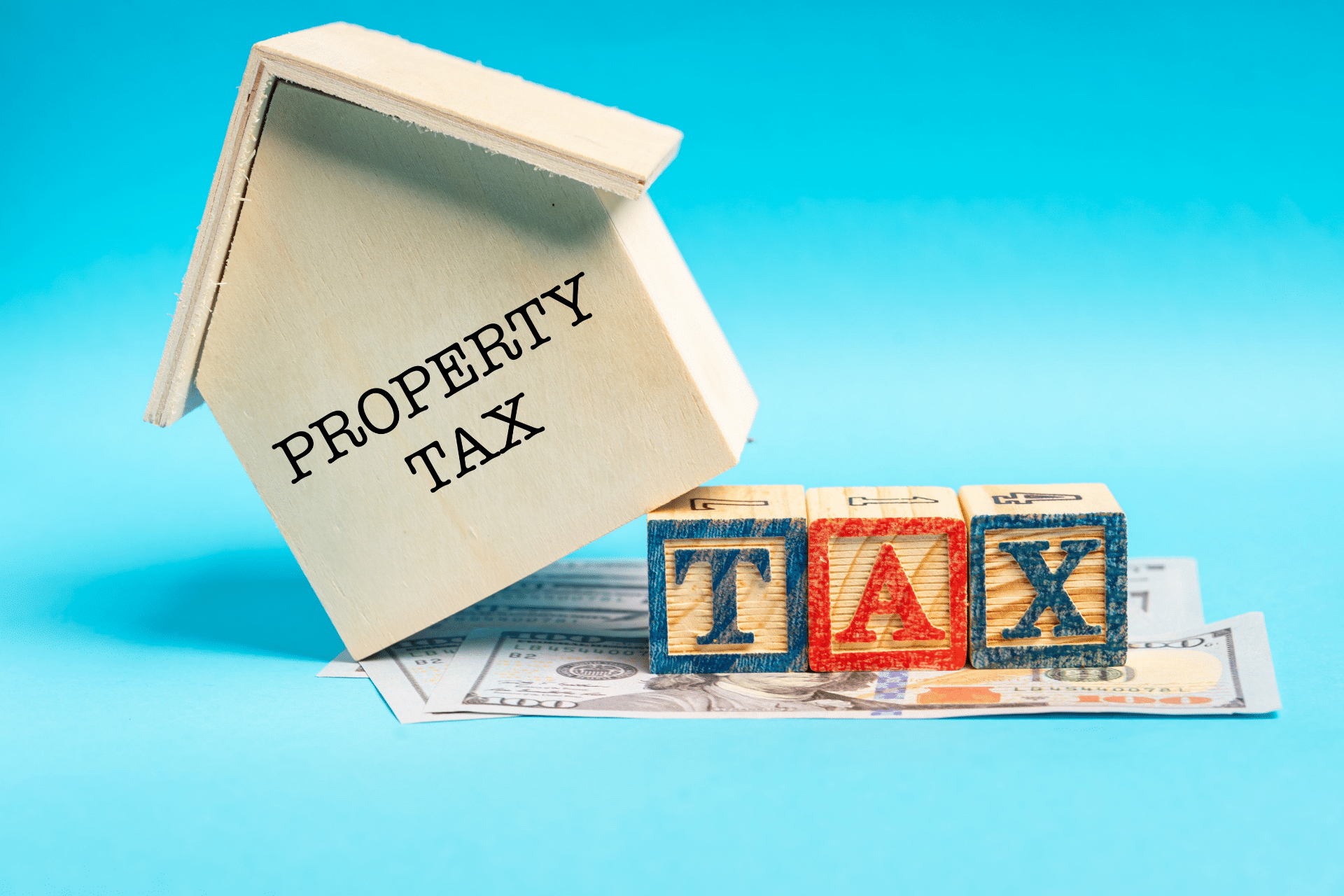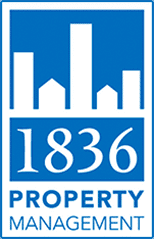If you’re a homeowner, your worst fear might be rising maintenance costs, but what most people don’t factor in is rising property taxes, which can take quite a toll on your annual budget. If you are looking to buy your first home, you will also receive property tax percentages as a housewarming present. Therefore, it is very important to know how property taxes tie in with the property values.
How is Property Tax Calculated?
Property taxes are determined according to the property value, including the land and the construction on it. Normally, tax assessment is done between one to five years and uses the current tax rate to charge the property owner. The tax value is set using a mill levy, which adds $1 for every $1,000 of the assessed property value. The mill levy is basically the tax rate that is applied on your property.
There are three different methods that are normally used to determine the market value of a property. The first one, called sales evaluation, involves an assessment based on the sale of similar properties in the area, factoring in the location, property condition, any improvement or renovation, and the market conditions.
The second method involves determining the property value on the cost it would take to replace it. This is called the cost method. If the property is older, the assessor would also determine the depreciation it has gone through, as well as the value of the property if it were empty. For new properties, only the cost of building the property is taken into account.
The third method, called the income method, is based on how much income you could collect if it were a rental property. The assessor includes the cost of maintenance, management, insurance, and paid taxes, as well as the expected rate of return. This helps them in determining an assessment rate, which is multiplied by the actual value of the property. Once the assessed value is calculated, it is multiplied by the mill levy to get the value of property taxes that you have to pay.
When you are considering buying any property, make sure to check when its last tax assessment was done, as well as how frequently it is done. This way, you will know what to expect once you become the property owner.
What Can Increase Your Property Tax?
One of the main reasons for an increase in your property tax is the increase in the tax rate that applies to your state, or to your city or town. Secondly, this may also happen if the value of your property increases. Commonly, the tax rate is increased to meet the state or district’s growing budget, as the tax is directed towards public services and facilities.
For the property value to have increased, there are a few factors that come into play. Firstly, if you add a new bathroom or extra room to your home, it would drive up the value. Moreover, adding a new fireplace, terrace, or balcony, or renovating your basement or garage can also cause the property value to rise, which leads to higher property taxation. Also, if there are a lot of upscale properties being built in your neighborhood, it would also add to your property value, and the tax will also increase accordingly.
How does Property Tax Determine its Value?
Before we get into the specifics, let’s consider a scenario to understand how property taxes influence your decision to buy or not buy a property. Let’s suppose you have shortlisted two similar houses in the same neighborhood. Keeping all of the other factors the same, including the property conditions, the only difference between the two properties is that property A has a lower property tax value than property B.
A lower property tax means that you won’t have to pay as much as you would have to for property B annually, thus saving you quite a lot of money. If we put this in numbers, let’s say the property tax for A is $200 less than property B. Although this may seem like a small difference, think about it in the long run, when the tax value may increase in the next few years. In a long-term scenario, you may end up saving thousands of dollars on your property tax alone.
Now, which house would you be inclined to buy? It would be property A, of course. Now, let’s also factor in the property prices. If both of them have the same property value, the demand for property A will be naturally higher, and this also means that there will be people ready to pay higher than its actual value. This is because their cost of living also decreases if the property tax is lower, so they can afford to pay more for the house.
Moreover, paying a higher price to win the house could work in your favor, as you will be able to save a lot of money on property taxes. By the same logic, if you plan on selling the house after 3 or 5 years and the property tax hasn’t gone up by much, you might be able to turn a higher profit on your investment by selling it for a higher amount.
Naturally, property values also increase over the years, in a majority of the cases. Combining that with a lower property tax, you will have no problem selling your house for a profit – but of course, this is always situational. In some states, the property tax is assessed and renewed after every five years, which makes it all the more beneficial for you to search for and purchase a property with a lower tax rate.
Therefore, property taxes have an inverse relationship with the property value. If your property tax rate goes up, your property value will decrease because there will be a lower demand for it. Similarly, areas that have lower property tax rates often have properties with high demand and higher paying customers as well.
So, as you can see, property tax is determined according to a number of factors, such as the property size, property value, condition, and also its mill levy. All of these factors contribute to the property tax calculation, which also determines how much a property can be bought or sold for, and what your monthly mortgage payment will be year-over-year.
Considerations as a Rental Property Owner
Given the information you now know about how property taxes are calculated and how that affects your rental property value, you likely realize why it is that your tax bill continues to rise annually. But remember, while your tax bill may have increased $200-$300, that also means that the value of your property will have increased substantially – likely by thousands of dollars. That’s great news for your bottom line! That means if you decide to sell that property in the future, you have a better chance of earning a higher ROI (return on investment).
Also, this means that you will be able to raise the rent. However, do note that raising the rent always trails inflation and it’s not instantaneous. You never want to raise your rent rates to the detriment of securing a tenant. If you raise the rent too much, you may lose your great tenant and it may become more difficult to get another great tenant in contract quickly.
Always consult with your property management team about the best course of action to take when it comes to raising the rent. They will be able to do a market analysis (weighing a number of factors like property values in the area, other rental rates in the area, condition of your property, etc), to assist in determining the best strategy to improve your ROI based on the new financial variables.
The Bottom Line
The next time you’re considering buying a property, make sure to find out everything about its property tax, so that you have complete information. And if you already own a property that you use as an investment (rental property), remember to stay focused on your long-term goals. While it’s very likely that your property taxes will increase by a couple hundred dollars, that means its value is increasing by a few thousand dollars. Your financial big picture is still working for you, and likely better than it was previously.
Have questions for our property management team about rising property taxes and its effect on property values? Contact us! We’re always just a phone call away.
Call: 512-994-4323
Email: BDM@1836pm.com
Note: If you feel it necessary to get your property reevaluated, Home Tax Shield is a reputable option out of many companies in Texas that owners can use. 1836PM does not partner with this company and can not guarantee better rates for investors that choose to do a reevaluation. But it’s important to know that the option is always available.
By: Kayla Gonzales, 1836PM Marketing Manager







